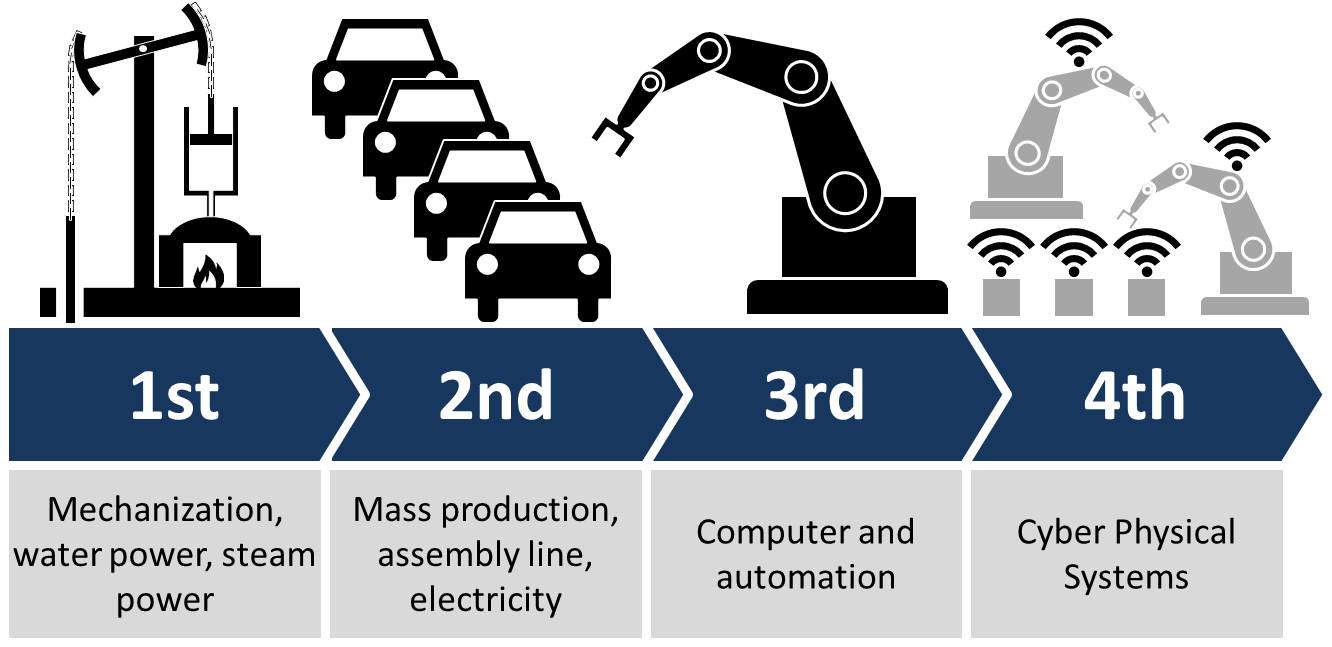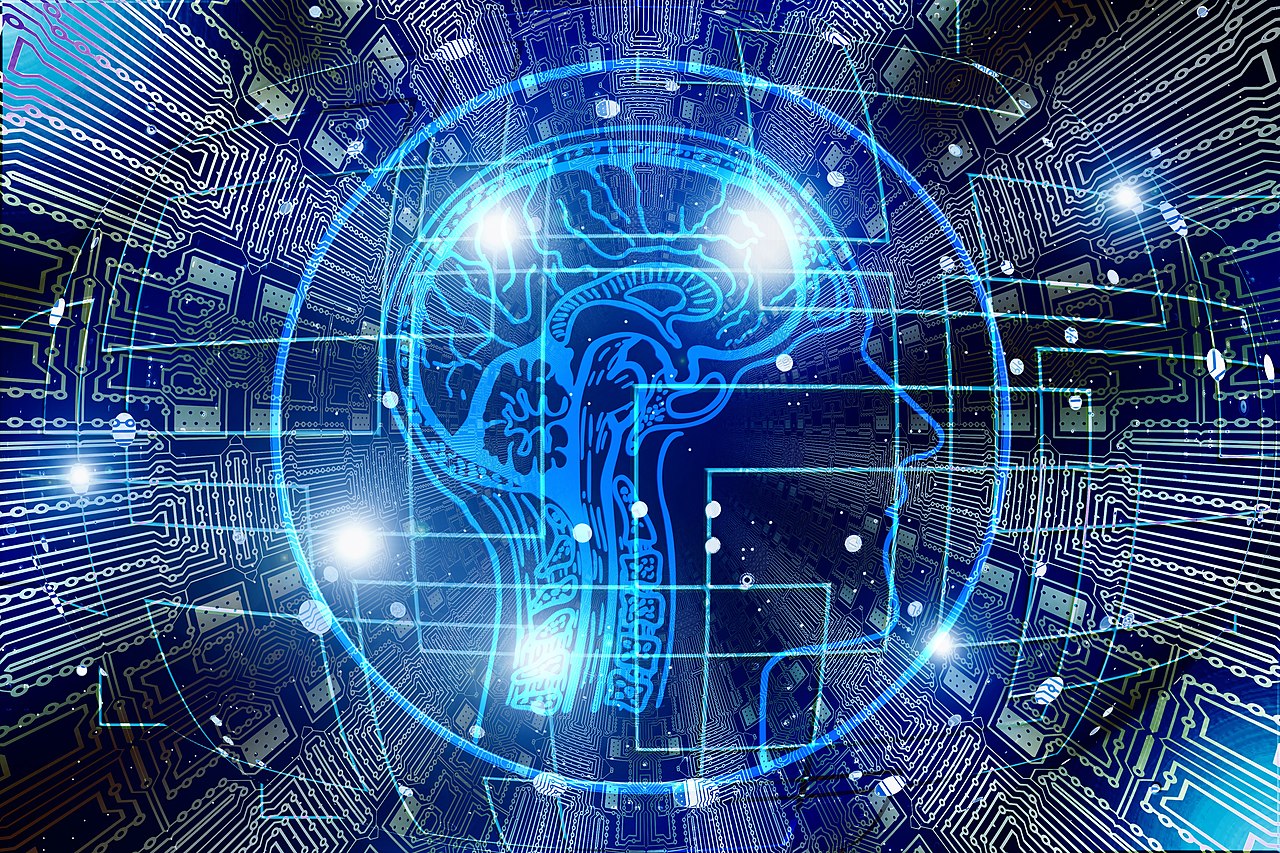The Fourth Industrial Revolution or Industry 4.0 is here, and it has transformed how industries across the world conduct their operations. SAP defines Industry 4.0 as “as the integration of intelligent digital technologies into manufacturing and industrial processes.”
Industry 4.0 relies heavily on automation, and it streamlines processes using Artificial Intelligence (AI), Machine Learning (ML) and Internet of Things (IoT). The best part is, Industry 4.0 is in a constant state of evolution even as it is reaching newer and wider audiences around the world.

Given how Industry 4.0 generates huge amounts of data and then depends on analysis of the gathered data to help organizations optimise their processes and serve their customers better, the fate of Industry 4.0 has become intertwined with that of the global Cloud and Data Center industry.
To understand trends pertaining to the adoption of Industry 4.0, AI, ML and IoT, W.Media’s Deborah Grey (Regional Editor, South Asia & Middle East) caught up with Priyanka Sharma (Director- Digital Architecture, DSM-Firmenich).
Firmenich was established in 1985 and has been the largest privately-owned fragrance & taste company in the world, that has benefitted from early adoption of Industry 4.0. DSM and Firmenich have merged recently, establishing a new company that brings together one of the largest innovation and creation communities in nutrition, health, and beauty. They have nearly 30,000 personnel with teams spread across Europe, Asia, Africa, Australia, North and South America.
Here are select excerpts from the EXCLUSIVE tête-à-tête:
Deborah Grey: In your experience, how has Industry 4.0 changed the face of manufacturing and distribution?
Priyanka Sharma: Industry 4.0 has truly revolutionized manufacturing and distribution, bringing a surge in productivity and cost reduction through the seamless integration of automation and robotics. With smart factories machines gracefully handle tasks from production to packaging, creating a harmonious workflow.
The inclusion of IoT and connectivity reveals the intricacies of the supply chain and allowing for effective tracking, monitoring, and optimization of manufacturing processes. In this narrative, Big Data and Analytics play a crucial role, offering insights for predictive maintenance, demand forecasting, and informed decision-making, contributing to an enhanced product quality through embedded innovation.
Notably, Industry 4.0 takes on the role of a sustainability advocate, optimizing resource usage, reducing waste, and improving energy efficiency. Smart technologies guide manufacturers in implementing eco-friendly practices across the entire production and distribution lifecycle, bringing a practical and impactful transformation to the industry stage.
DG: How has the Cloud and Data Center industry helped Industry 4.0?
PS: Cloud and Data Center industry cast a transformative glow upon the stage of Industry 4.0. With a backdrop of scalability and flexibility, the cloud becomes a dynamic force, allowing businesses to harmonize with the ever-changing demands of the industrial landscape. Cloud storage, provides a reliable sanctuary for the voluminous data generated in Industry 4.0, wield mighty computational power, support intricate data analytics, simulation and machine learning. Fostering accessibility that propels real-time analyses and decision-making.
In the realm of connectivity and collaboration, the cloud stands as a bridge, fostering a seamless exchange between machines, sensors, and decision-makers. It also fortifies the narrative with layers of security and compliance, shielding the sensitive data that fuels the Industry 4.0 saga.
The cloud, a cost-efficient protagonist, offers a stage where businesses can perform without the financial burdens of traditional infrastructure. In the spotlight of real-time monitoring and insights, cloud-based solutions illuminate the intricacies of manufacturing processes, providing actionable insights that shape the unfolding drama of predictive maintenance and quality control.

DG: How indispensable have AI, IoT and ML become to how you conduct your operations?
PS: In our domain AI, IoT and ML has increased the efficiency manyfold. Right from personalized marketing campaigns for getting lead to getting the product delivered, these technologies are use at each step. Product recommendation, enhanced customer experience using chatbot and virtual assistants, analytics for forecasting demands, changing pricing, facilitating product development and innumerable advantages in R&D space. It has become truly indispensable and has revolutionized every industry. As these technologies continues to evolve and become more accessible, companies that want to stay ahead of the curve must adapt alongside with them. Embracing AI, Iot, ML is no longer an option – it is a necessity.
DG: What kind of digital infrastructure would serve your needs best?
PS: We want a digital infrastructure that has a rock-solid core (global and regional availability and network) and excellence at all levels of design, implementation, maintenance and governance. In design, it should be modular, open standards, secure and participatory. On the implementation and maintenance front, it should be financially sustainable, easy to use, self-monitored and following good maintenance practices. For governance, it should follow all data protection laws and offer top notch security.
DG: You will be moderating a power panel discussion at the upcoming Mumbai Cloud & Data Center Convention and Awards 2023. What are your expectations from this event?
PS: I look forward to connecting with industry leaders, learning about the latest innovation and futuristic technologies and advancements in cloud and data centre space.
To hear more from Priyanka Sharma, and network with over 600 delegates, including C-level executives, digital infrastructure professionals including architects, engineers and consultants (AECs), key buyers, decision makers, data center owners and operators, join us as Mumbai Cloud & Data Center Convention and Awards on December 1st at St. Regis, Mumbai. Register here.


